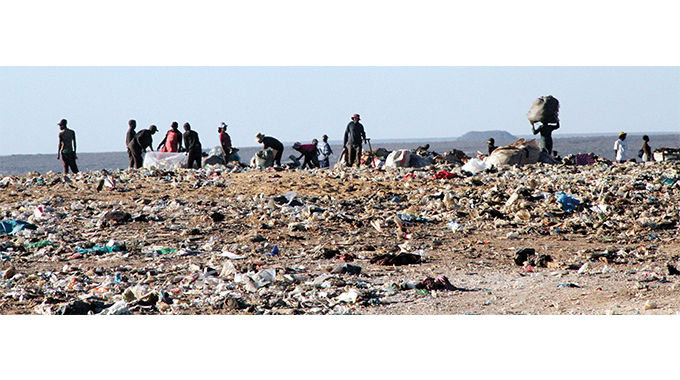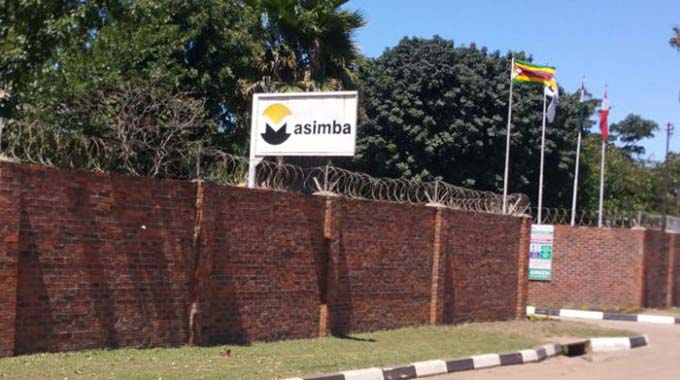FinMin seeks to boost ZWG usage, puts tax relief measures for ordinarily low compliant businesses
HARARE – Finance Minister Mthuli Ncube lowered the country’s economic growth rate for 2024 to 2% as his mid-term budget and economic review sought to provide some relief to taxpayers while in select sectors sought to enhance and increase revenue collection. The review also sought to enhance the stability of the newly introduced Zimbabwe Gold (ZWG) through new tax initiatives.
During the 2024 Mid-Term Budget and Economic Review, Finance Minister announced a downward revision of the presumptive tax structure, which is expected to provide significant relief to small and medium-sized enterprises (SMEs) that contribute substantially to the nation’s Gross Domestic Product (GDP). This move is designed to enhance tax compliance and support the dynamic nature of the economy. This is effective September 1, 2024. The lower fees apply to hairdressing salons, informal cross border traders, commuter omnibuses and taxi cabs, cottage industry operators. The cuts range from 60-80%.
In a strategic shift to bolster the local currency, the government has mandated that all Presumptive Taxes be paid in ZiG, regardless of the currency of trade. This initiative aims to promote the circulation of the local currency within banking channels and combat money laundering practices. Additionally, customs duties on selected products such as juices, clothing apparel, items of leather, waffles and wafer, will now be payable in local currency, further encouraging its use in trade.
To ensure that corporate entities contribute to the local economy, the government has proposed that companies whose revenue exceeds 50% in foreign currency account for Corporate Income Tax on a 50:50 basis. This measure is expected to enhance the demand for the ZiG while allowing businesses to settle tax obligations in line with their income sources.
Furthermore, the government plans to require the payment of certain taxes and user fees exclusively in local currency (A 58-page document of all the applicable user fees has been availed, which cuts across all ministries and departments. This initiative is part of a broader strategy to strengthen the demand for the ZiG and rebuild market confidence in the local economy.
The Finance Minister emphasized that these measures are crucial for anchoring price and exchange rate stability, which are essential for preserving the value of the local currency. The government is committed to creating a conducive environment for economic growth while ensuring that the benefits of these tax reforms are felt across all sectors of the economy.
As Zimbabwe navigates the challenges posed by external economic pressures and domestic fiscal constraints, these tax relief measures and new initiatives represent a significant step towards revitalising the economy and promoting the use of the local currency. The government remains optimistic that these changes will foster a more resilient economic landscape and enhance the overall financial stability of the nation.
To alleviate the financial burden on consumers and businesses in the livestock and meat sectors, thereby promoting economic activity and supporting the agricultural industry while encouraging formal trade, the government has proposed to exempt live cattle, pigs, goats, sheep, and bovine semen, poultry meat and kapenta from VAT. This is with effect from August 1, 2024.
The domestic economy is projected to grow by 2% in 2024. This is a downward revision from the earlier National Budget projection of 3.5%. The reduction in the growth rate is primarily attributed to the severe impact of the El-Nino induced drought on agricultural output.
Other key highlights:
Inflation Stability: The introduction of the Zimbabwe Gold (ZiG) has led to stable month-on-month inflation rates, with the ZiG maintaining a rate of 0% in June 2024, compared to -2.4% in May. The US dollar’s month-on-month inflation stood at -0.3%
Foreign Currency Receipts: Total foreign currency receipts increased by 9.5% to US$6.2 billion from January to June 2024, driven by growth in export receipts.
Remittances have shown significant growth, increasing by 16.5% from US$1billion in the first half of 2023 to US$1.2 billion in 2024.
The total budget for the year 2024 is Z$58.2 trillion, which, when converted to the local currency (Zimbabwe Gold – ZiG), results in a budget envelope of ZWG 87.9 billion.
For the first half of 2024, the revenue collections amounted to ZWG 36.5 billion. The projected revenue for the year-end is estimated to be ZWG 93.2 billion. For the first half of 2024, the expenditures amounted to ZiG 38.9 billion.
Reprieve through waiver of the Special Surtax on Beverages Sugar Content due for the period 1 January 2024 to 8 February 2024. Operators who had already honoured their tax obligations at US$ 0.002/g will be availed with the option of having their accounts credited against future tax obligations.
Excise Duty at the rate of US$0.5 per ml of contents of every electronic cigarette product, with effect from 1 August 2024 has been proposed. Where electronic cigarettes do not contain labels or where such labels do not specify the content thereof, such cigarettes shall be deemed to contain 10ml of liquid content.
Fiscal Measures: The government is implementing fiscal consolidation measures to ensure a sustainable fiscal deficit and avoid the monetization of the budget deficit, which is crucial for maintaining the stability of the local currency.
Confidence-Building Measures: The government plans to institute confidence-building measures to clearly communicate the stability and reliability of the local currency to the market.
To address transit fraud, which has also resulted in lower fuel consumption figures as highlighted in the updates from ZERA, the government plans to implement several measures, including:
Securing Duty and Levies: The government proposes to impose payment of duty at the Port of Entry for fuel imported under the Removal in Transit Facility. This means that duties and levies will be collected upfront when the goods enter the country.
Electronic Cargo Tracking System (ECTS): The government has previously introduced the ECTS, which uses electronic seals and transmitters to monitor cargo, particularly fuel. However, due to ongoing issues with transit fraud, the government is reinforcing the need for this system to ensure compliance.
Recovery of Duties: The duties and levies collected at the Port of Entry will be recovered on acquittal at the Port of Exit, ensuring that the government can track and collect the necessary taxes on goods that are supposed to be in transit
There will also be mandatory Fiscalisation of domestic fuel sales, with effect from 1 November 2024.
-finx










